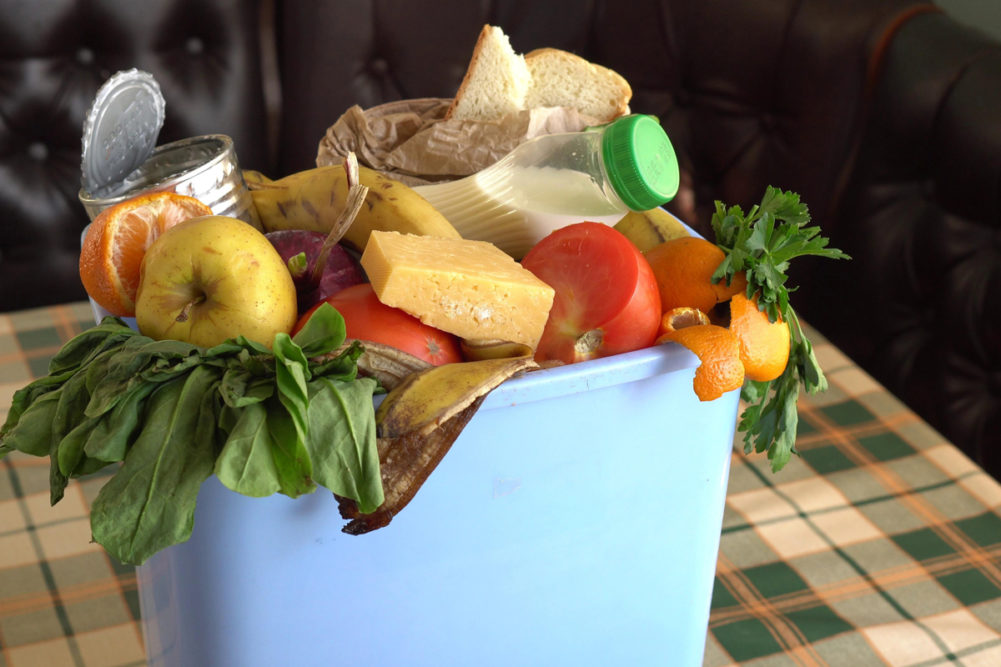CINCINNATI — Sustainable attributes associated with a product, like ingredient sourcing or recyclable packaging, may be less important to shoppers than individual behaviors during and after a trip to the grocery store, according to data from 84.51°, a subsidiary of Kroger Co.
The retail data company found reducing food waste is a top priority for 45% of shoppers. Other key areas of focus include using a recyclable shopping bag and limiting single-use items.
“It isn’t so much that a product needs to be sustainable or sustainably sourced,” said Barbara Connors, vice president of commercial insights at 84.51°. “The top concern is actually in the customer’s hands, because it involves what they do with a product after they buy it. The biggest thing they want to do is be responsible about buying the right amount of food and working their way through it.”
Environmental concerns don’t always tie into food choices, even for shoppers that are highly engaged with sustainability. Data from 84.51° show consumers generally are more concerned about sustainability in non-food categories such as household cleaning (65%), paper products (63%) and personal care (61%).
The food categories with the highest levels of concern about sustainability include shelf stable food (61%) and frozen food (56%).
“It’s interesting that the categories with the highest levels of concern have been in high demand over the past two years with COVID,” Ms. Connors said. “It could be that people are thinking about the increased consumption and seeing the volume of what they’re going through, and that’s driving greater awareness.”
While one-in-three shoppers say they are “extremely concerned” about climate change, just 21% say they’re concerned about the sustainability of the grocery products they purchase, according to 84.51°.
“If you think about it like a spectrum, the customers who are the most engaged with climate change are the only ones focused on ingredients and seeing whether a product is sustainably sourced or not,” Ms. Connors said. “The general population is saying, ‘I can make small changes in my behavior that contribute to this, but I’m not willing to change the food that I buy.’ Some of them are saying, ‘I don’t think it’s going to make a big impact,’ or ‘I don’t understand enough to know how to change my behavior.’”
Opportunities exist for brands to reach consumers across the sustainability spectrum without investing in new packaging, changing ingredients or overhauling supply chains, she added.
“It’s about connecting with customers and communicating tips and tricks for how they could make multiple dishes with the products they buy, or how they can work through items that are in their pantry,” Ms. Connors said. “Help them make small changes that are in their control that can start to add up and make an impact.”
